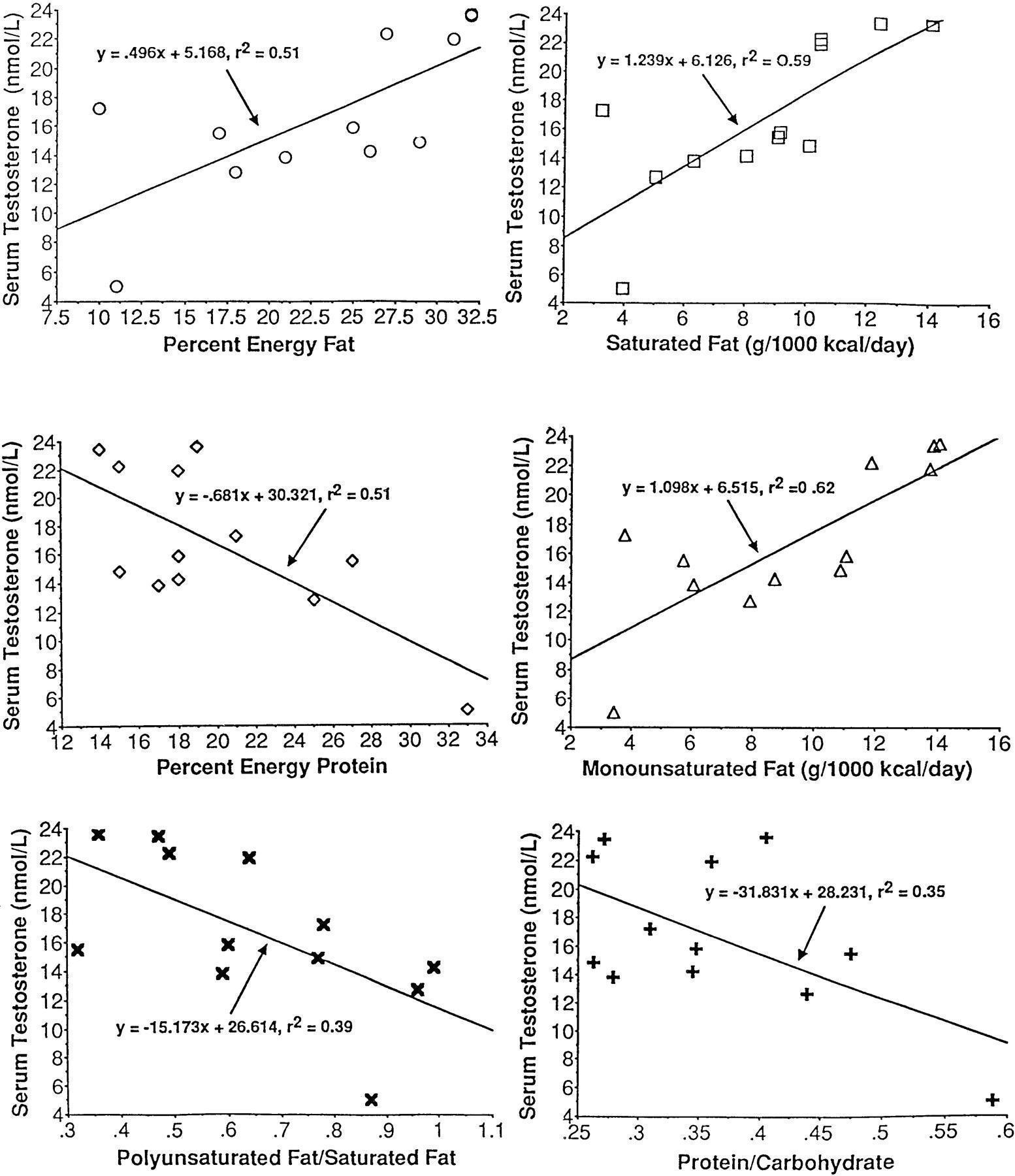T
tca300
Guest
@haidut What is wrong with high dose caffeine ( coffee )? What do you consider a high dose?
Ray had mentioned that statistically people who consume 5 or more cups of coffee daily are the healthiest, which is 500mg+ of caffeine per day, based on the average cup of coffee.
Ray had mentioned that statistically people who consume 5 or more cups of coffee daily are the healthiest, which is 500mg+ of caffeine per day, based on the average cup of coffee.
Last edited by a moderator:

